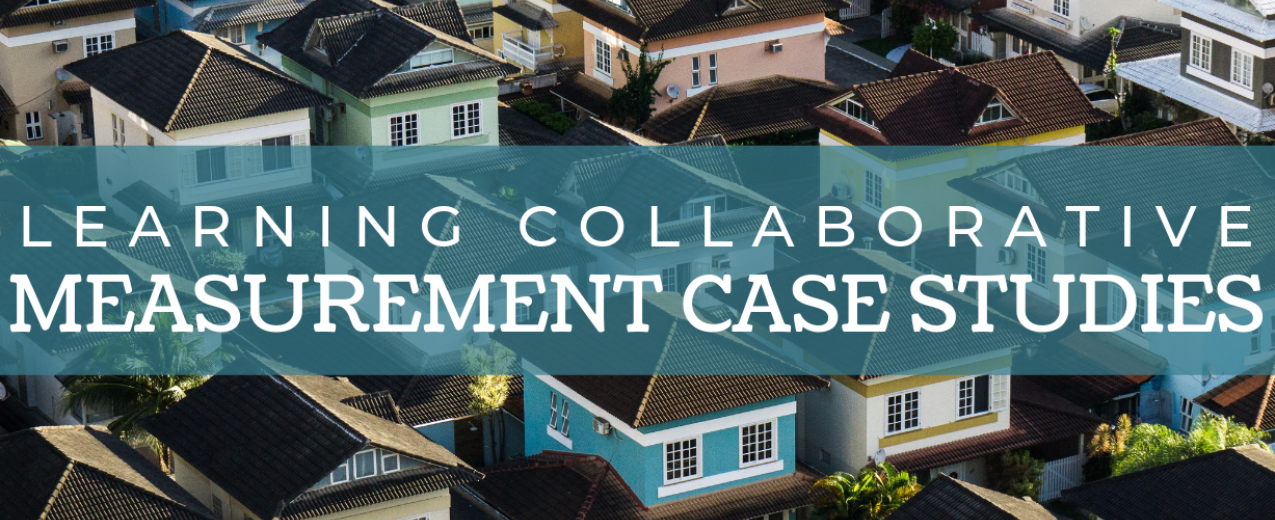
- Project summary
- 21 January 2021
Sibling Support for Adolescent Girls in Emergencies (SSAGE)
- Author: Rebecca Justus
- Published by: Social Norms Learning Collaborative
Organizations involved
Washington University; Women's Refugee Commission; Mercy Corps
Summary
Adolescent girls are disproportionately vulnerable to violence, often stemming from harmful gender norms and exposure to violence within the household. The Women’s Refugee Commission (WRC) will be working in Borno State, Northeast Nigeria to advance gender equitable attitudes and behaviors within families, with an emphasis on reducing girls’ vulnerabilities to violence, building resilience, and breaking intergenerational cycles of harmful norms and violence to take place in 2021. In order to understand the effects of family involvement in violence prevention interventions, Washington University, WRC, and Mercy Corps are conducting a multi-arm implementation study that compares a synchronized, sibling-centered intervention with a traditional intervention model that engages only girls and their caregivers. The pilot evaluation study will generate learnings on the feasibility and effectiveness of engaging families in gender-transformative violence prevention programming.
Social norms of interest
Perceived injunctive norms around community and family responses to a girl being forced to have sex; Perceived expectations around behaviors and emotionality for males and females
Behaviors of interest
Male adolescents' perpetration of violence against girls (particularly sisters and intimate partners); Caregivers' use of corporal punishment (particularly against daughters); Males and caregivers provide more emotional support for their sisters and daughters, respectively; Equitable division of household labor between males and females
Project components
The intervention will target adolescent girls ages 10-14 years, their male siblings ages 15-19 years, and their parents and caregivers. The mixed methods, quasi-experimental pilot evaluation will document the comparative impacts of two intervention arms: one that engages only girls and parents/caregivers and one that concurrently engages sisters, brothers, and parents/caregivers within the same family.
Social norms measurement
The quantitative social norms measurements include one set of questions on (i) perceived injunctive norms around community and family responses to a girl being forced to have sex, and (ii) perceived expectations around behaviors and emotionality for males and females. The first set of questions differ slightly according to the respondent of interest (adolescent girl or her brother); girls are asked about their family and community's expected response to their rape, while brothers are asked about their family and community’s expected response to their sister's rape. The second set of questions ask girls and boys how comfortable they would feel exhibiting certain behaviors (such as crying, helping with household chores etc.) in front of their friends or family. The injunctive norms questions related to victim-blaming were adapted from an evaluation of a safe space and life skills program for adolescent girls in humanitarian settings.
Key findings to date
The study design, study tools, and program curriculum have been developed. Data collection and program rollout will begin following COVID-19 pandemic restrictions.

Back to the "Map of social norms-focused interventions and research"
- Countries / Regions:
- Nigeria
- Data collection methods:
- Focus group, Interview, Survey